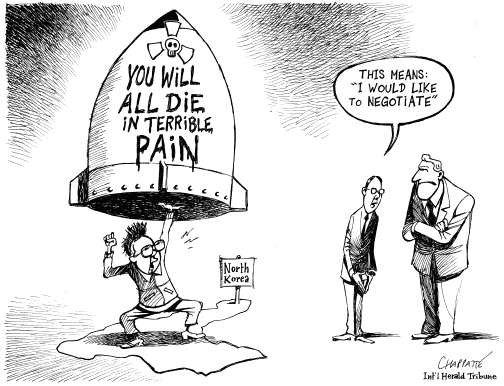Sounds of Anti-war
The 60’s was a time of social revolution and saw a rise in protest. This protest contributed to a large anti-war movement also. People between the ages of 18 and 25 started to influence new sounds, music genres and music content. Hopeful protest songs such as John Lenin’s, “Give peace a chance” invited an anthem for people to still believe and fight for peace, instead of war. This was a song which promoted a solution rather than reiterating the conflict at hand.
http://www.youtube.com/watch?v=RkZC7sqImaM&feature=related
The fashion of using music to reach out to the masses a common opinion, was not limited to 60’s. It can also be seen post 9/11. The song “Time will Tell” by Redhill is an anti-war protest song for Afghanistan. It describes the environment on the streets of the war struck country, and shares the stories of scared children running on the streets. These innocents are victim to violence encouraged by war. This song in comparison to the other works more to illustrate an image of war and death, whereas the other provides a more positive outlook on finding a solution. But both represent an opinion which seeks to end a reign of power over a group which may in fact be weaker.



